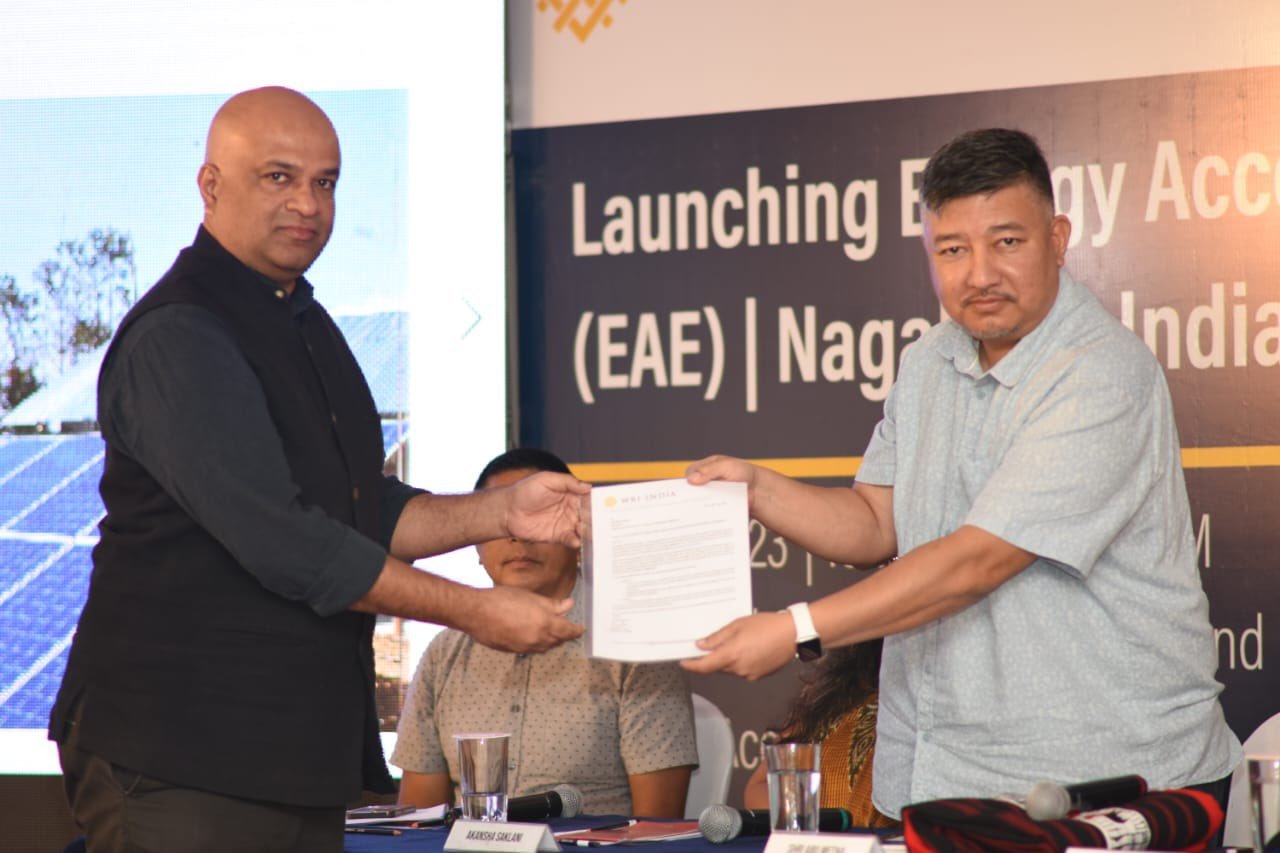The World Research Institute (WRI) India on Friday launched its flagship geospatial platform the Energy Access Explorer (EAE) for Nagaland in the state capital here.
EAE is a geospatial platform that provides data on electricity, health, education and livelihood indicators in the regions that it serves, said Executive Director, of Energy Programme, WRI India, Bharath Jairaj at the launching programme.
He said that the data would aid policymakers, entrepreneurs and governments, decide the least cost and most sustainable energy access solutions for unserved and underserved communities to accelerate development.
EAE is an online, open-source, interactive, geospatial platform that will provide an opportunity to visualize development indicators, and aid decision-making to accelerate development of the state, he said.
Chairman of the Investment and Development Authority of Nagaland (IDAN) and Advisor to Chief Minister, Abu Metha officially launched EAE Nagaland in the presence of Development Commissioner R. Ramakrishnan and other senior bureaucrats and other stakeholders.
One of the backbones of development and progress is energy and without it no progress is possible, said Metha while expressing optimism that EAE would play a vital role in the development of the state and also bring about a new narrative for Nagaland.
“We look forward to strengthening our partnership with WRI India so that we can collectively share knowledge and move towards our collective aspirations,” he said.
Honoured to launch the Energy Access Explorer for Nagaland developed by @WRIClimate. We congratulate and appreciate your contributory role.
This is an excellent platform for all stakeholders of sustainable development-both government and non-government. Also grateful that… pic.twitter.com/eT7rPFGKJr
— abu metha (@abumetha) July 28, 2023
Manager, Energy Program, WRI India Akansha Saklani said, “The EAE platform can be layered with different data sets to help people visualize the state of play of each sector”.
Beyond providing energy access-related solutions, EAE could aid in de-carbonizing the health and education sectors by deploying Decentralized Renewable Energy (DRE) systems, thus supporting India in its efforts to meet half its energy needs from renewable energy by 2030 and attain Net Zero emissions by 2070, she said.


